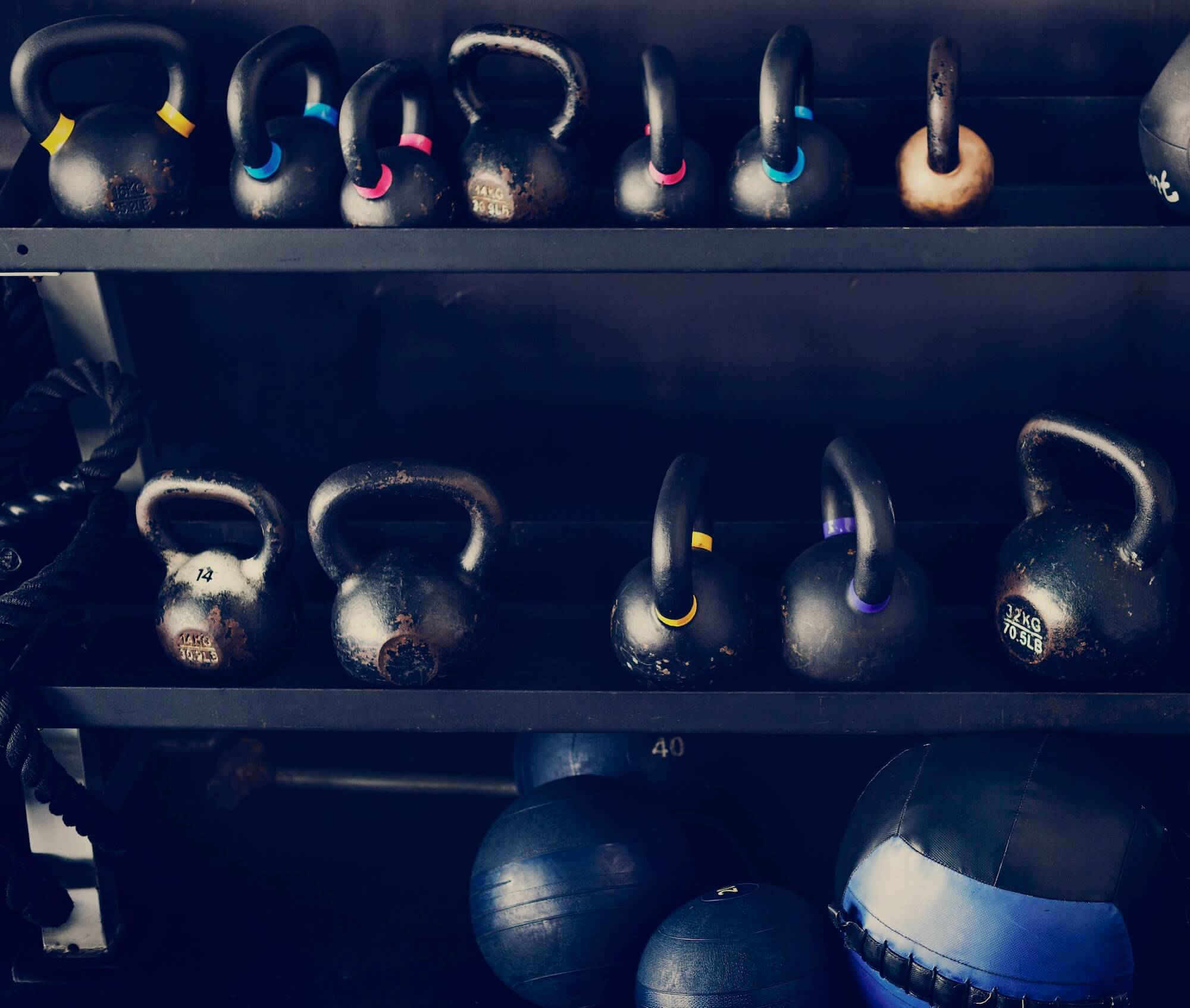Have you noticed your progress isn’t what it used to be? In the beginning, you were able to see those noob gains pile on and the fat melt off as you gave it your all in the gym. Yet recently, you’ve not seen nearly as much progress as you once did. Why is this? Is it a figment of your imagination or is it real? There are a few ways you can tell if you’ve hit a wall, or plateau, and there are also ways to remedy this issue. Let’s go through a few ways to confirm if you’ve hit your plateau. I’ll even list a few potential ways to fix this problem.
Stagnant weight.
When you started, I’m sure you noticed how fast those pounds were melting off. This was likely due to a sudden change in your activity level and diet. When you remove refined sugars, salty, fatty and high carb junk, your body will quickly begin to change. Initially, the first few pounds will come from a reduction in water retention. Eventually you’ll notice a slight decrease in the amount of weight you’re losing. This simply means you are consuming more calories than necessary for your body to continue to lose weight.
How do you fix this?
Ideally you’re working with a coach who knows how to calculate your required caloric intake for weight loss, or whatever your goal may be. If you have to do it on your own, here’s a quick way to keep the fat weight off.
Focus on increasing your protein consumption in each meal. If you normally have 20-25g of protein, aim for 35-40g instead. Protein is more satiating and will help you feel fuller, longer. Keep in mind, an increase in protein is also an increase in calories. So be sure to lower the amount of carbs or fats in the meals to combat the increase in calories from protein. A simple visit to the MyFitnessPal app can sort out your numbers fast.
No increase in strength.
When you first began training, your numbers would go up quickly. Your body has the ability to adapt to this new stress and immediately knows to start adding muscle to deal with it. There’s no better feeling than going through the pain, knowing the progress is right around the corner. The trouble comes when you’ve been working hard for nearly 2 maybe even 3 years and your progress has slowed down drastically. As I mentioned above, your body is excellent at adapting to stress. Which means you can’t continue to train the way you did at the beginning and expect the same results.
Your body will need new, more challenging stimulation in order to make changes. This is important to understand because you have many ways to stimulate new growth. To make things harder for yourself in the gym, although this may not be what you want, you’ll have to hit things in a different way.
How do you fix it?
I’ve been able to help my clients make the biggest changes in their body by making some of the smallest changes in the way they perform exercises. My number 1 tip is to slow down. Your first instinct will likely be to get the set over with, so you’ll have to teach yourself how to slow down the motion. A vital component of building new muscle is focusing on your mind muscle connection. When you’re able to contract and elongate your muscles with precision, your ability to tear tissue increases. Then your job is to consume the right amount of nutrients to repair the microscopically torn tissue.
No loss of body fat.
Monitoring your body fat is an excellent way to track your progress. In many cases, your weight might stay the same but your body fat is steadily decreasing on a regular basis. This can be the case when someone has been losing an adequate amount of body fat, but also increasing their muscle volume. If you’ve noticed your clothes still fit the same and your love handles haven’t shrunk for a few weeks, it’s likely time to make some changes.
How do you fix it?
Body fat can be tricky, so we need to tackle this problem smoothly. The best way to deal with unwanted fat is to focus on your macronutrient intake. This way you can sort out your required daily numbers and eat accordingly. Otherwise you run the risk of holding onto body fat. Keep your calories in a deficit and remember to keep protein high. Your muscles need to recover, and when you provide the nutrients for your body to do its job, you accelerate your muscle growth. More muscle means more fat burned at rest.
Summary:
Hitting a plateau is never something we want. You’re still interested in achieving your goals, so make sure you have a proper plan set for success. In most cases, applying the above will be enough to help you continue to grow muscle and/or lose body fat. If you’re still unsure of how you should tackle your goals or simply want a bulletproof plan, check out our Online Coaching program. NFormed Coaching crafts programs for you to hit your target efficiently and within the right timeframe. We also update programs regularly to ensure your progress never ends. Take a look at some of our many success stories.





